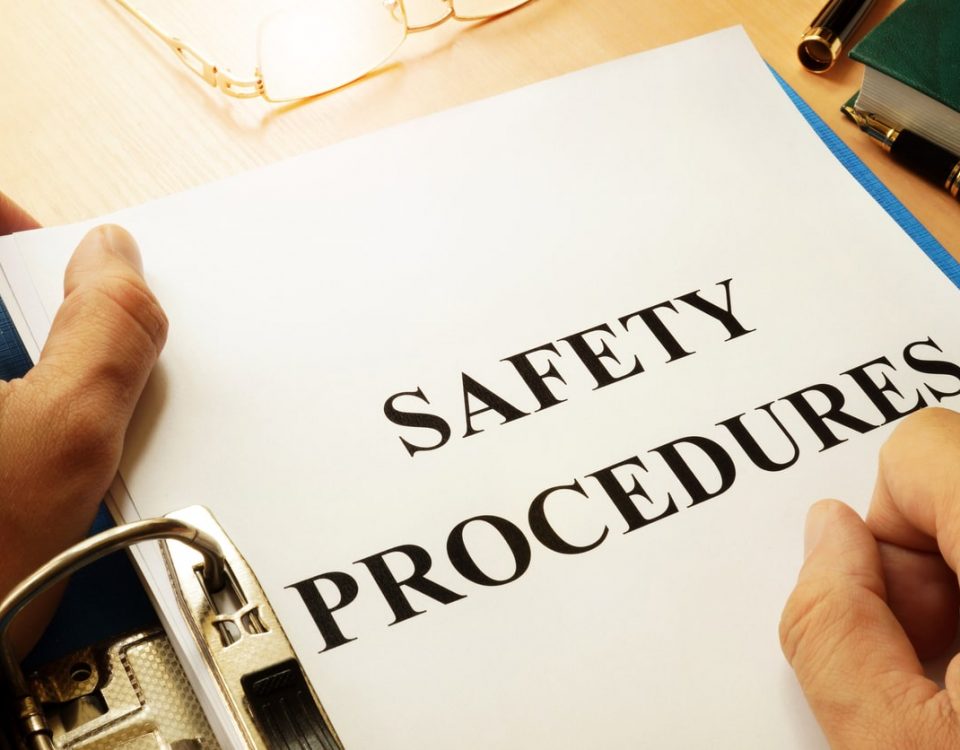What Your Client Needs to Know About Deadly Weapon Liability Protection

5 Essential Skills Every Police Officer Should Master
July 17, 2023
How Educators Can Prepare for a New School Year With Educators Legal Liability Insurance
August 3, 2023What Your Client Needs to Know About Deadly Weapon Liability Protection
Workplace violence and acts of aggression continue to make the headlines. Businesses with any foot traffic face an increased risk of an active shooter. These violent and tragic events make it vital for businesses to consider getting deadly weapon liability and active shooter insurance. As this is a relatively new and specialized type of insurance, insurance agents must have a clear understanding of the level of risks different businesses face and the ability to develop plans that meet customer needs and help mitigate the risk of an event.
Understanding Deadly Weapon Liability Protection
The aftermath of these types of violent events affects the people involved, the community, and the surrounding businesses. If it happens on or near a business’s property, it may lead to some level of liability. This type of insurance offers businesses a way to protect themselves from the physical, emotional, and financial costs that stem from a violent incident.
Designed to provide third-party liability protection, it does not only apply to an active shooter situation. Other types of deadly weapons besides firearms include knives, explosive devices, medical instruments, and vehicles. While one may think of a mass shooting, other instances in which deadly weapon liability coverage kicks in may include a person throwing acid on another in a bar, a drug addict attacking a mall security guard with a used syringe, or a disgruntled employee brandishing a hunting knife.
The Significance of Active Shooter Insurance
Active shooter insurance provides a combination of casualty and property coverage, providing benefits that a general liability policy may not cover. The added layer of protection helps cover the costs associated with property damage, legal liability, business interruption, and other related expenses. Additionally, the right policy will provide reimbursement for crisis management, public relations consulting, counseling, and hiring additional security.
These specialized policies often go beyond providing insurance coverage to provide ways for businesses to mitigate risks. Clients can also expect to get personalized assistance in developing emergency response plans and training programs, as well as developing ways to enhance security.
Risk Assessment and Mitigation
While the unexpected happens, businesses have ways they can mitigate those risks. That begins with a comprehensive risk assessment. At its core, a business needs to complete this assessment itself. Insurance agents can provide meaningful guidance to help ensure a business does not miss key risk elements.
Mitigation comes in different forms including physical, operational, and technological. Physical strategies include installing signage that prohibits trespassing and contraband, ensuring adequate lighting in parking lots, and maintaining locking mechanisms on interior doors. Operational strategies may look like developing a preparedness plan, establishing lockdown procedures, and conducting training. Key ways to incorporate technology include installing closed-circuit surveillance and intrusion detection systems.
Tailoring Coverage to Specific Needs
While many businesses should have deadly weapon liability insurance, not every policy should look the same. Insurance agents need to understand the different risks each client faces. That requires excellent communication and thorough knowledge of different liability insurance options and ensuring customers thoroughly understand deductibles, coverage limits, and endorsements to consider.
While a business hopes a tragic event does not unfold, these events continue to occur. Deadly weapon liability protection not only offers financial relief but also helps businesses develop a comprehensive plan to better mitigate and handle an incident.
About PGUI
Professional Governmental Underwriters, LLC., is a full-service risk management company dedicated to assisting public, educational and non-profit entities in the management of their professional liability exposures including educators liability insurance. We are dedicated to providing state-of-the-art professional underwriting management and loss control advisory services on behalf of our designated carriers. For more information, call us toll-free at (800) 586-6502.


